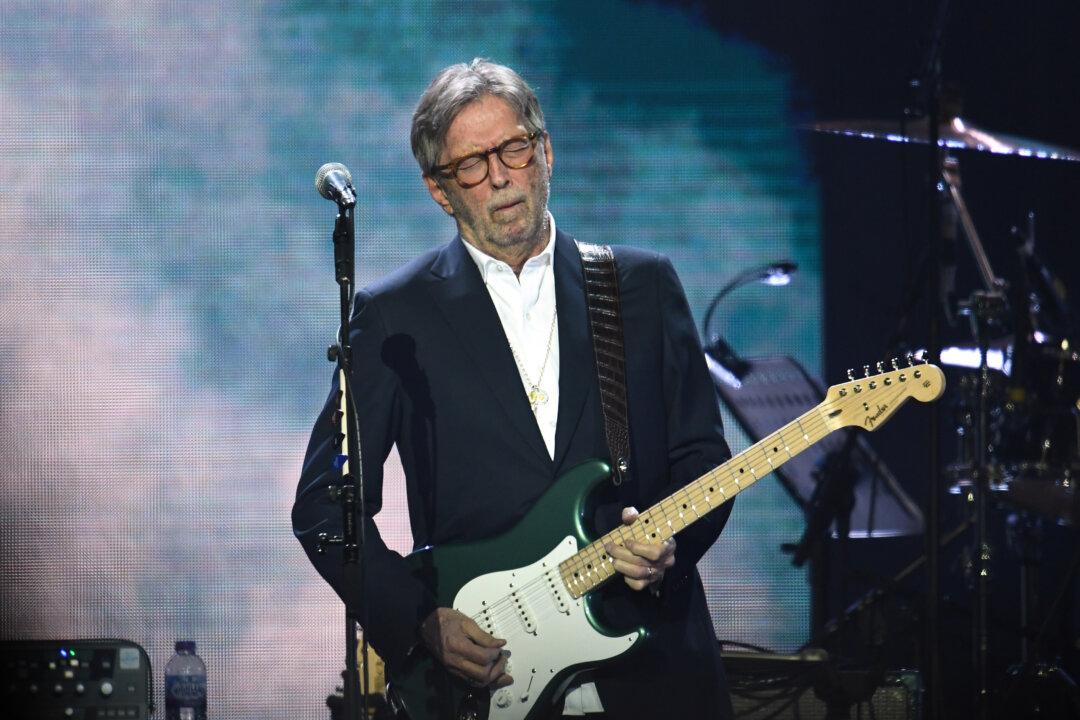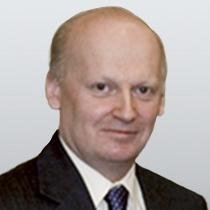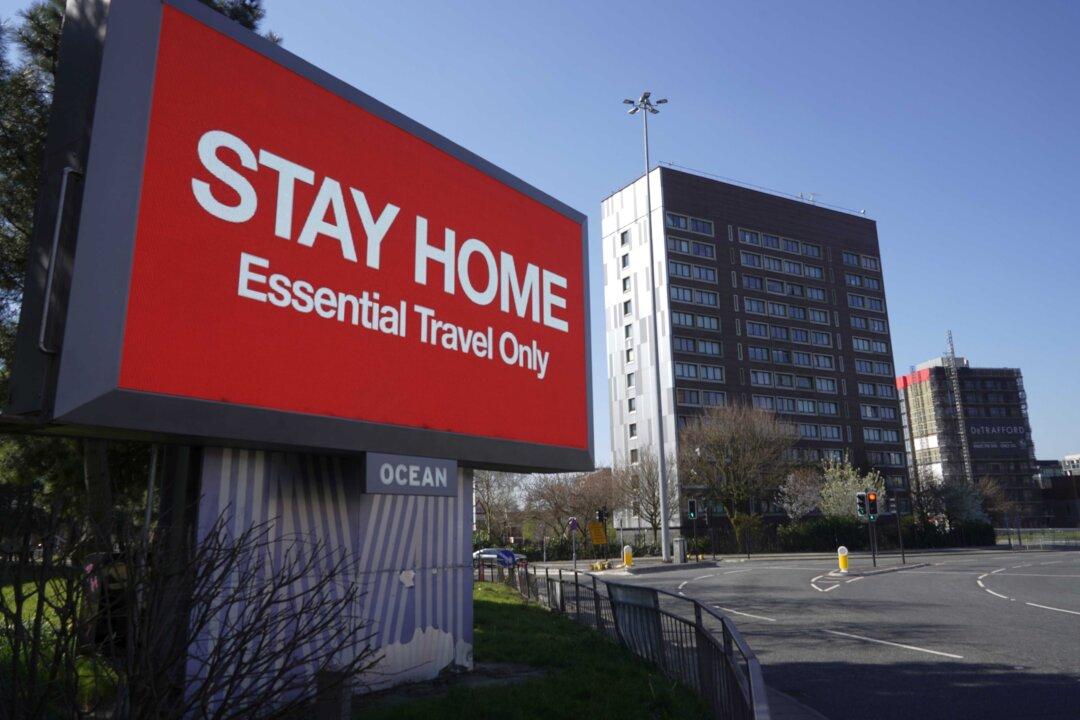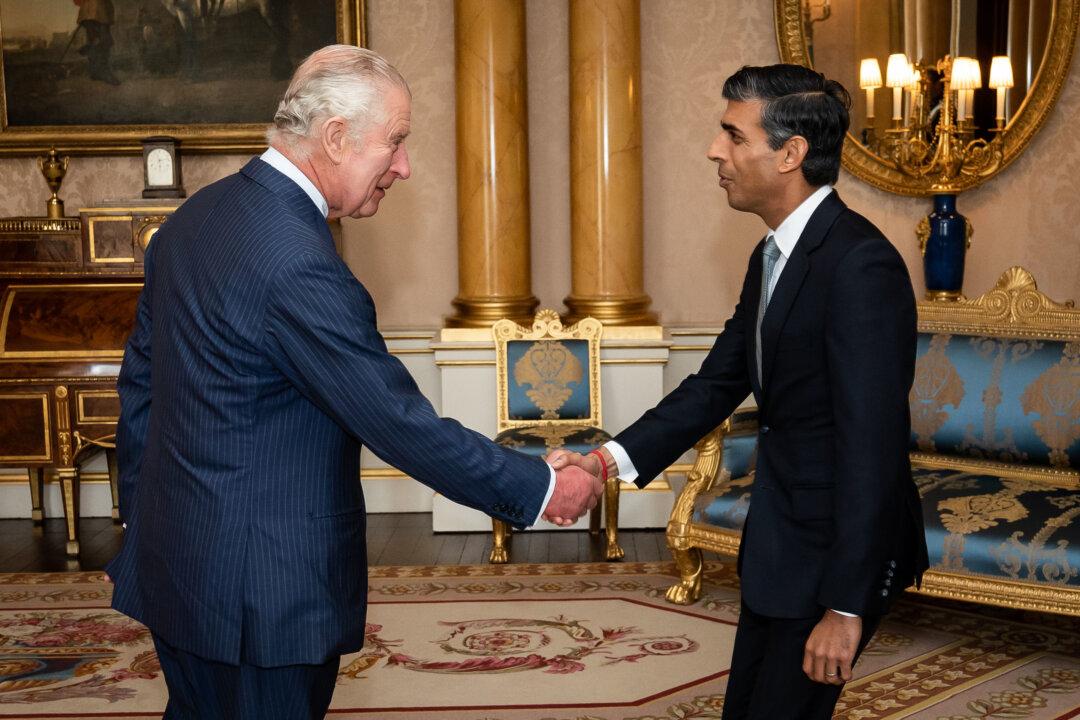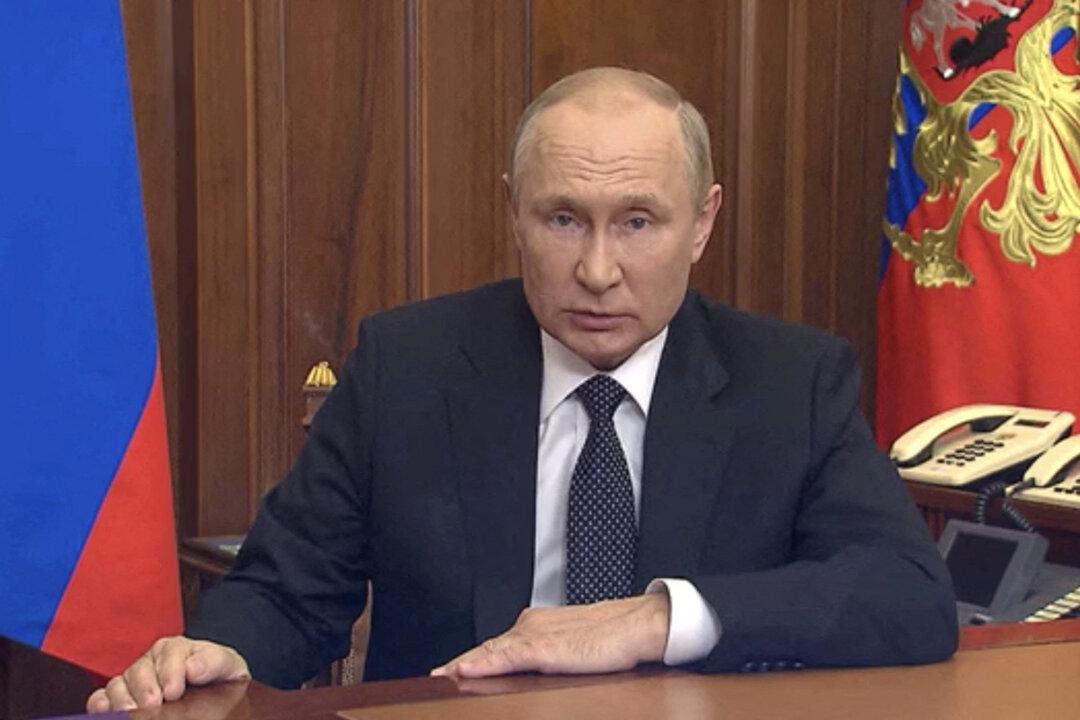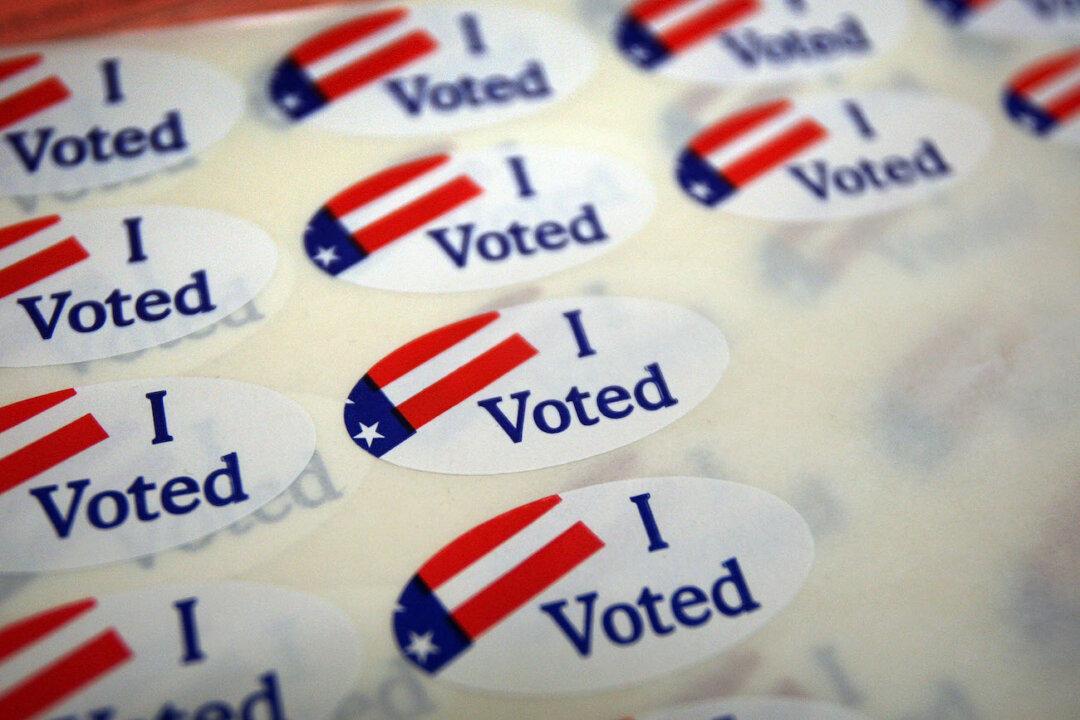The UK’s third and longest lockdown at 166 days is due to end on June 21. Surprisingly, the opposition to having everyday freedoms removed has been small aside from some peaceful demonstrations. The Conservative government even managed to increase its majority to 87 in a recent local election.
With live events being cancelled, the entertainment industry has been particularly hard hit. Yet any signs of a music rebellion against this new authoritarianism in Britain seems to have been largely confined to a few ageing members of the rock world’s aristocracy, who were mystified at how easily people—particularly the young—surrendered their freedoms.
